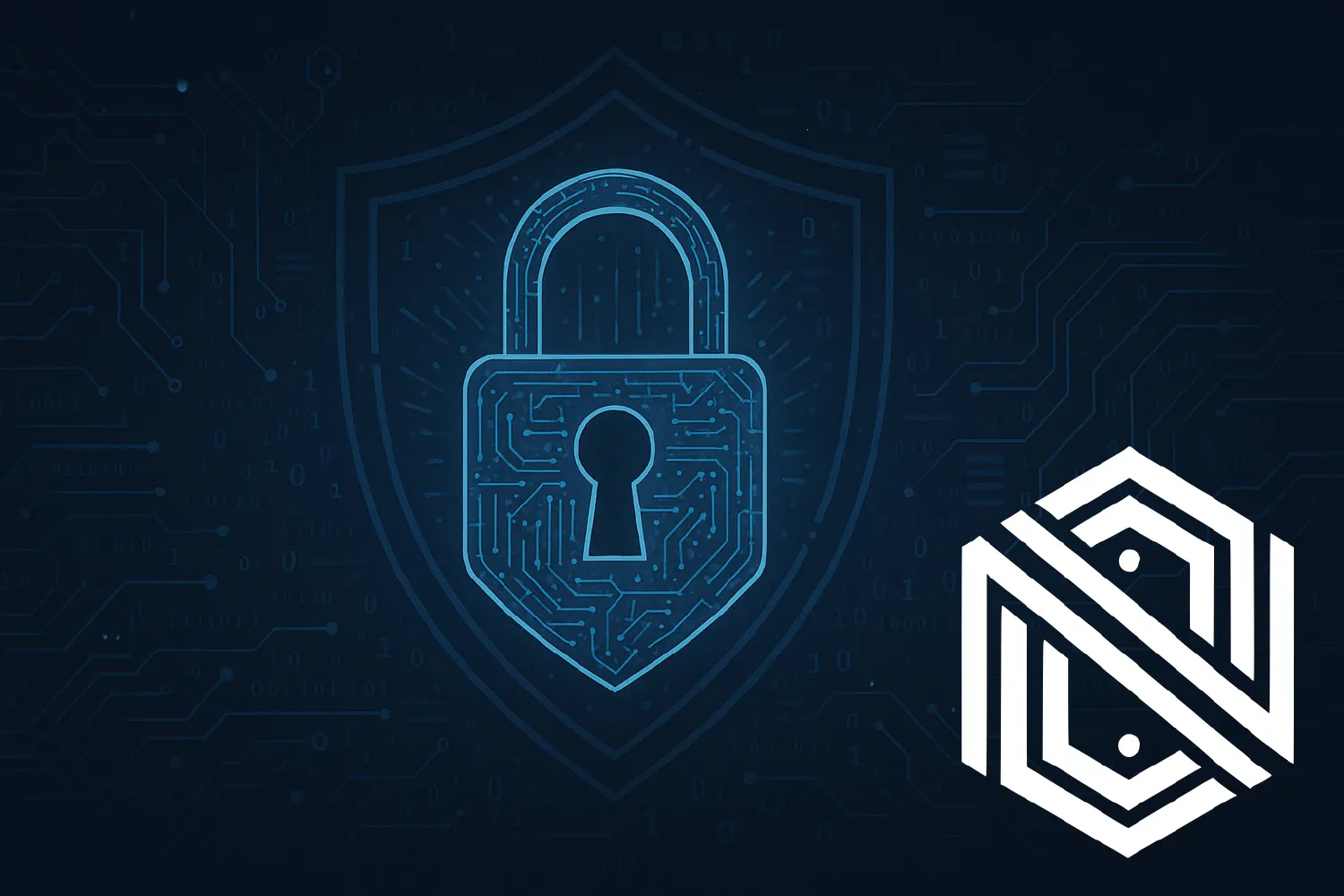The Importance and Benefits of Security Awareness Training

Cybersecurity threats are constantly evolving, and businesses of all sizes face an increasing risk of cyberattacks. While technology plays a critical role in defending against threats, the human element remains one of the biggest vulnerabilities in any organization. Security awareness training is one of the most effective ways to strengthen an organization’s defenses, empowering employees with the knowledge and skills they need to recognize and respond to security threats.
The Human Factor in Cybersecurity
Many cyberattacks target people rather than systems. Phishing emails, social engineering, and credential theft are among the most common attack vectors, and they rely on human error rather than technical exploits. Even the most sophisticated security tools can’t protect an organization if employees unknowingly hand over access to attackers. Security awareness training helps close this gap by turning employees into an active line of defense rather than a point of vulnerability.
Reducing the Risk of Phishing and Social Engineering
Phishing remains one of the most effective cyberattack methods, accounting for a significant percentage of security breaches. Attackers use deceptive emails, messages, and websites to trick employees into revealing sensitive information or installing malware. Security awareness training educates employees on how to recognize phishing attempts, spot red flags, and respond appropriately—dramatically reducing the risk of successful attacks.
Protecting Sensitive Data
Businesses handle sensitive information every day, from customer data and financial records to intellectual property. A single mistake, such as sending an email to the wrong recipient or falling for a fraudulent invoice scam, can lead to costly data breaches. Training employees on secure data handling practices ensures they understand how to protect confidential information, comply with regulations, and avoid common security pitfalls.
Compliance and Regulatory Requirements
Many industries have strict compliance requirements for data protection, including GDPR, HIPAA, PCI-DSS, and others. Failure to meet these requirements can result in severe financial penalties and reputational damage. Security awareness training helps employees understand their role in maintaining compliance, reducing the risk of violations and ensuring that security best practices are followed across the organization.
Minimizing Insider Threats
Not all security threats come from external attackers—some originate from within the organization. Insider threats can be intentional, such as employees stealing data, or unintentional, such as employees misconfiguring security settings or sharing passwords. A well-trained workforce is less likely to engage in risky behavior, intentionally or otherwise, making security awareness training a crucial component of an organization’s overall risk management strategy.
Strengthening Remote and Hybrid Workforce Security
With the rise of remote and hybrid work, businesses face new security challenges. Employees accessing company systems from home or public Wi-Fi networks increase the attack surface, making security awareness training more important than ever. Educating employees on secure remote work practices—such as using VPNs, enabling multi-factor authentication, and avoiding public networks—helps protect organizations from cyber threats regardless of where their employees are working.
Building a Security-First Culture
A security-aware organization is one where employees proactively think about security in their daily activities. When security becomes part of the company culture, employees are more likely to report suspicious activity, follow best practices, and take responsibility for protecting company assets. Ongoing security awareness training reinforces this mindset, making security an integral part of the workplace rather than an afterthought.
Reducing the Costs of Security Incidents
The financial impact of a security breach can be devastating, including costs related to incident response, legal fees, compliance fines, and reputational damage. Proactively investing in security awareness training helps prevent security incidents before they happen, saving organizations from the high costs associated with data breaches and cyberattacks. Prevention is always more cost-effective than remediation.
Enhancing Incident Response Readiness
Even with strong security measures in place, no organization is immune to attacks. However, well-trained employees can significantly improve an organization’s ability to detect and respond to security incidents. Security awareness training teaches employees how to recognize signs of compromise, report incidents quickly, and take appropriate action, reducing the impact of potential breaches.
Adapting to Evolving Threats
Cyber threats are constantly changing, and attackers are always looking for new ways to exploit weaknesses. Regular security awareness training ensures that employees stay up to date on the latest threats, emerging attack techniques, and best practices for staying secure. A one-time training session is not enough—ongoing education is essential to keeping employees informed and vigilant.
Encouraging Strong Password Hygiene
Weak passwords and password reuse are some of the most common security issues in businesses. Attackers exploit poor password practices through credential stuffing and brute-force attacks. Security awareness training emphasizes the importance of using strong, unique passwords, implementing password managers, and enabling multi-factor authentication (MFA) to enhance account security.
Preventing Business Email Compromise (BEC) Attacks
Business Email Compromise (BEC) scams involve attackers impersonating executives, vendors, or partners to trick employees into making fraudulent payments or sharing sensitive information. These attacks can lead to massive financial losses. Security awareness training helps employees recognize suspicious requests, verify sender identities, and prevent costly mistakes.
Improving Third-Party Security Awareness
Many organizations work with third-party vendors, contractors, and partners who have access to company systems and data. Security awareness training shouldn’t be limited to internal employees—extending training and security expectations to third parties helps ensure that your entire supply chain follows security best practices, reducing potential weak points.
Conclusion: A Smarter, Safer Workforce
Security awareness training is one of the most effective investments an organization can make in its cybersecurity strategy. By educating employees on security risks, best practices, and proactive defense measures, businesses can significantly reduce their attack surface and build a culture of security. Cybersecurity isn’t just an IT issue—it’s a business-wide responsibility. Empowering employees with the knowledge to protect themselves and the company is key to maintaining a strong, resilient security posture in today’s ever-changing threat landscape.
